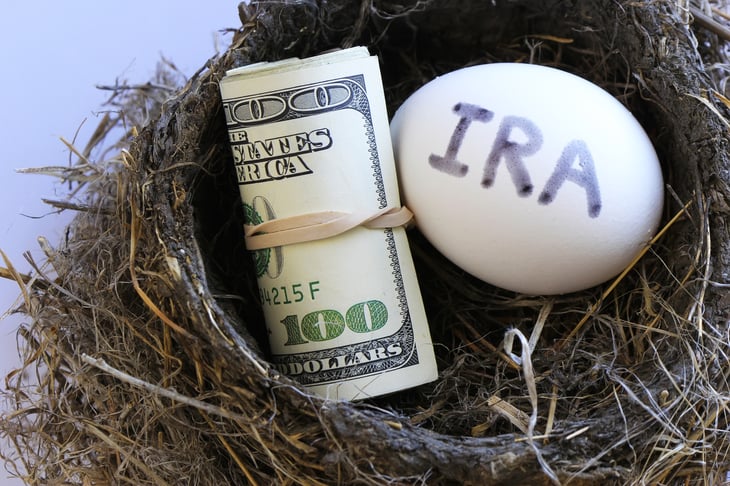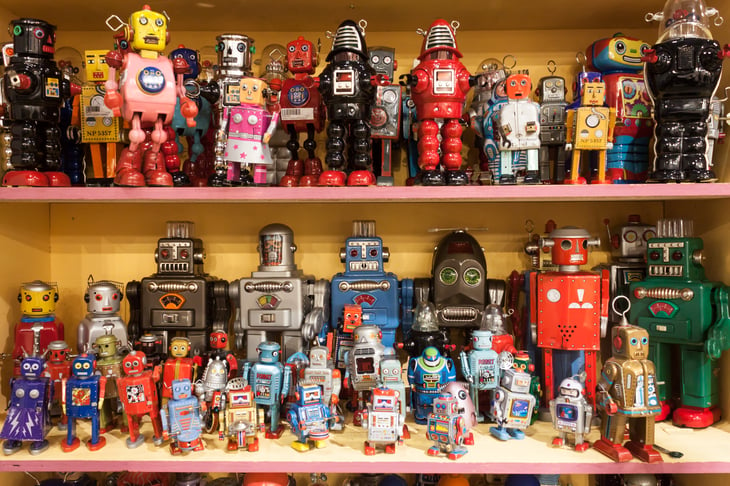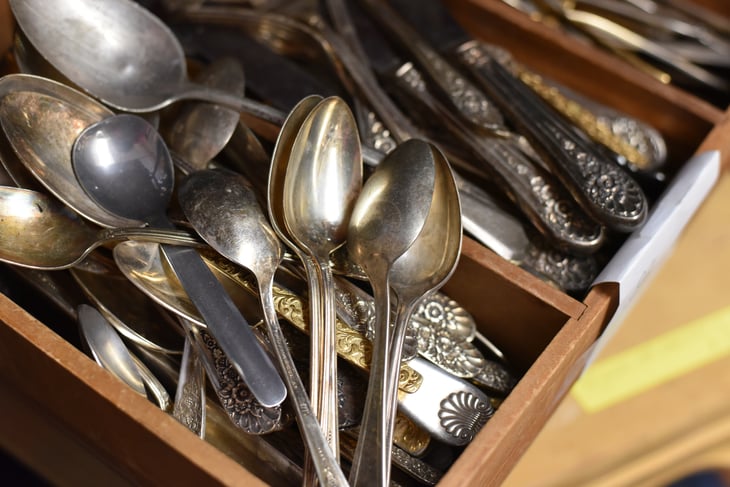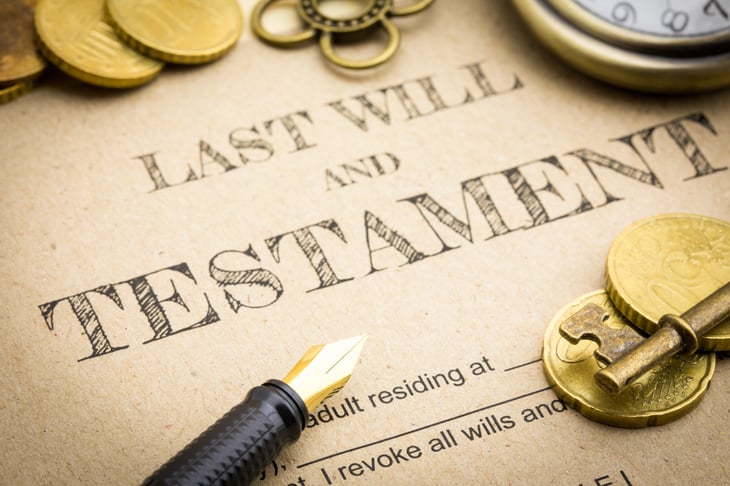
It would seem as though receiving an inheritance would always be a good thing. After all, it provides you with property or money you wouldn’t otherwise have.
However, some assets come with strings attached — they may be subject to taxes or require some extra work to cash in on their value. Others may actually cost you money without any promise of financial return.
Here are some of the worst assets to inherit.
1. Timeshares

Timeshares are sold with the promise of free vacations, but they come laden with annual maintenance fees and are notoriously hard to unload.
“Some people might not think it’s an asset but that it’s a liability,” says Nick Hughes, a wealth adviser with Visionary Horizons Wealth Management in Knoxville, Tennessee.
Fortunately, if you do inherit a timeshare, you can walk away from it if you think it’s more trouble than it’s worth. “You do have the right to disclaim property,” Hughes tells Money Talks News.
2. Family businesses

A family limited partnership can be an effective way to transfer wealth prior to an individual’s death, according to Mallon FitzPatrick, head of wealth planning and managing director at wealth management firm Robertson Stephens.
However, inheriting a share of a regular small business may be less than ideal. It can cause multiple problems, ranging from strained relationships if there are disagreements among family members about the future of the business to financial headaches if no formal succession plan is in place.
What’s more, selling a business or cashing out your share can be an involved process.
3. Traditional IRAs

An IRA is a popular retirement account, but if you inherit the traditional kind, be prepared to pay some taxes on your windfall.
“The IRS considers that to be untaxed income,” Hughes says. With some exceptions, heirs are expected to withdraw all money from an inherited IRA within 10 years. “It could potentially throw you into a really high tax bracket,” according to Hughes.
On the other hand, if you inherit a Roth IRA, rejoice. Those are one of the best assets to inherit since taxes have already been paid on that money and under most circumstances you won’t owe the IRS a dime.
4. Collectibles

Inheriting a collection of baseball cards, coins or comic books could be valuable, but it may also take a significant amount of work to turn those assets into cash.
“I’m sure there is a market for a $100,000 comic book; I just need to find it,” FitzPatrick tells Money Talks News.
5. Heirlooms of no value

It’s also possible that you could inherit collectibles or heirlooms that have little to no monetary value.
While ending up with items that are possibly junk is one problem, another is that you could walk away with something that has sentimental value for others. That could result in painful disagreements and hurt feelings among heirs.
To head off that problem, Hughes recommends his clients attach a personal property memorandum to their will with instructions on how specific items are to be distributed. Although not legally binding in all states, “this can reduce a lot of squabbles,” Hughes says.
6. Anything listed in a will

Whether it’s a collectible or a pile of cash, anything listed in a will is likely to cause some headaches for heirs.
“It’s likely to be subject to probate,” Hughes says.
Probate courts are responsible for implementing the provisions of wills. That means you’ll be paying fees and waiting for the court to finish its work before you can take ownership of your inherited assets. Some states have a simplified probate process for small estates.
To avoid the probate process, a person can name beneficiaries or use transfer-on-death designations for many financial accounts. Another option is to create a trust and place assets there. Then, they can be distributed to beneficiaries after death without the need to go through probate court.
